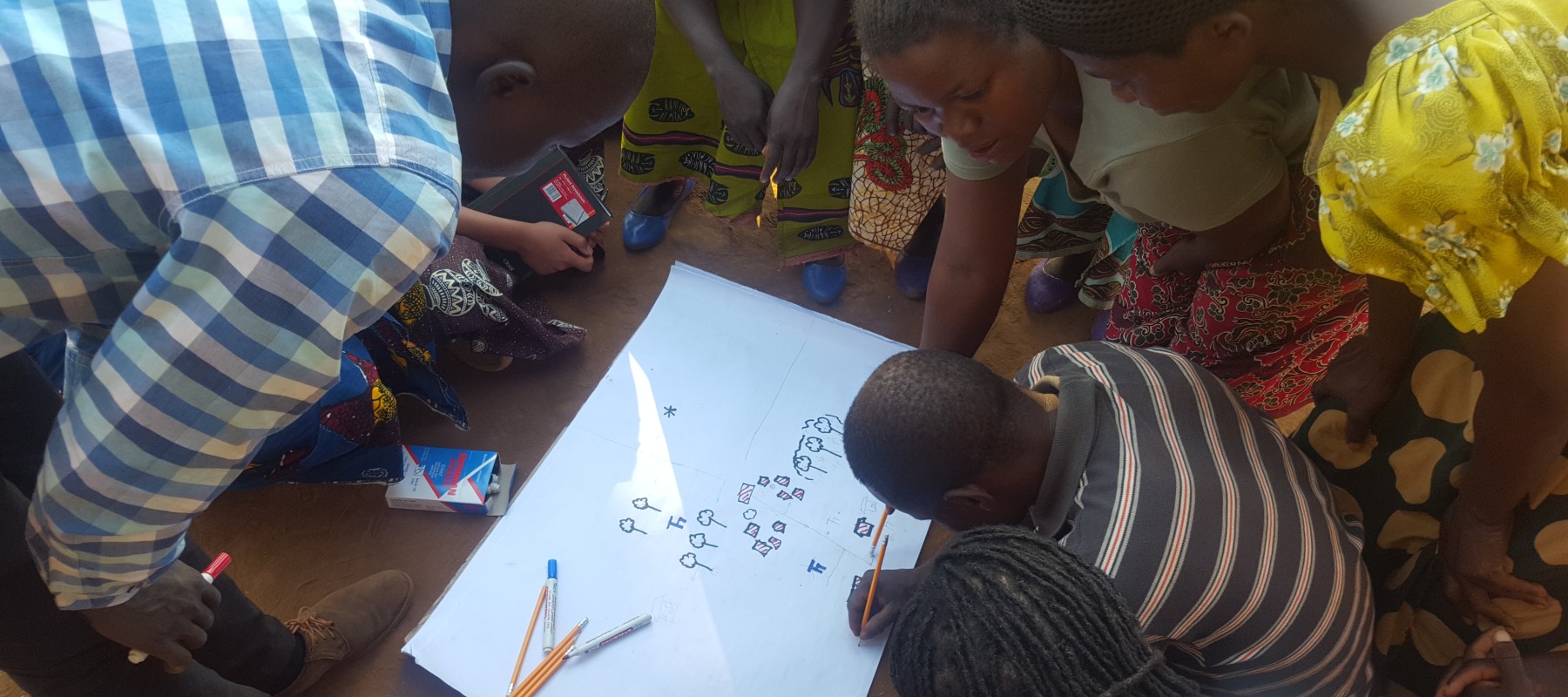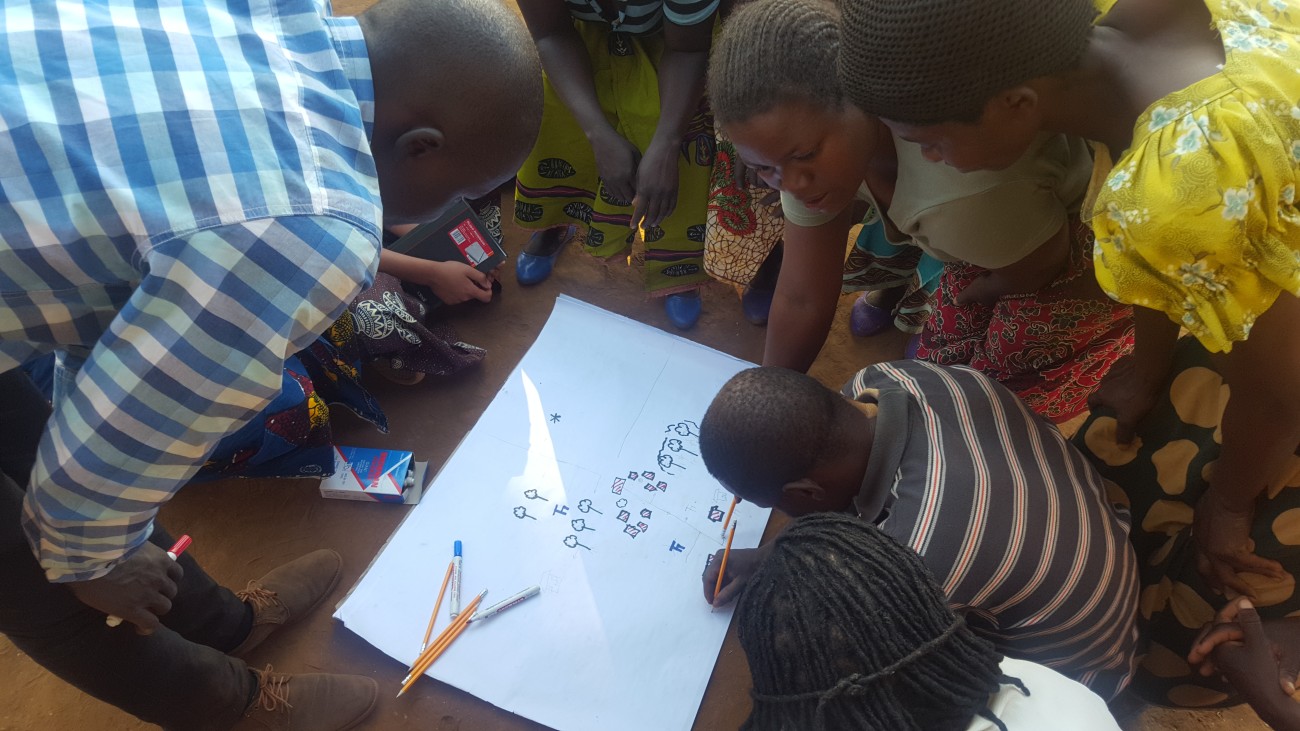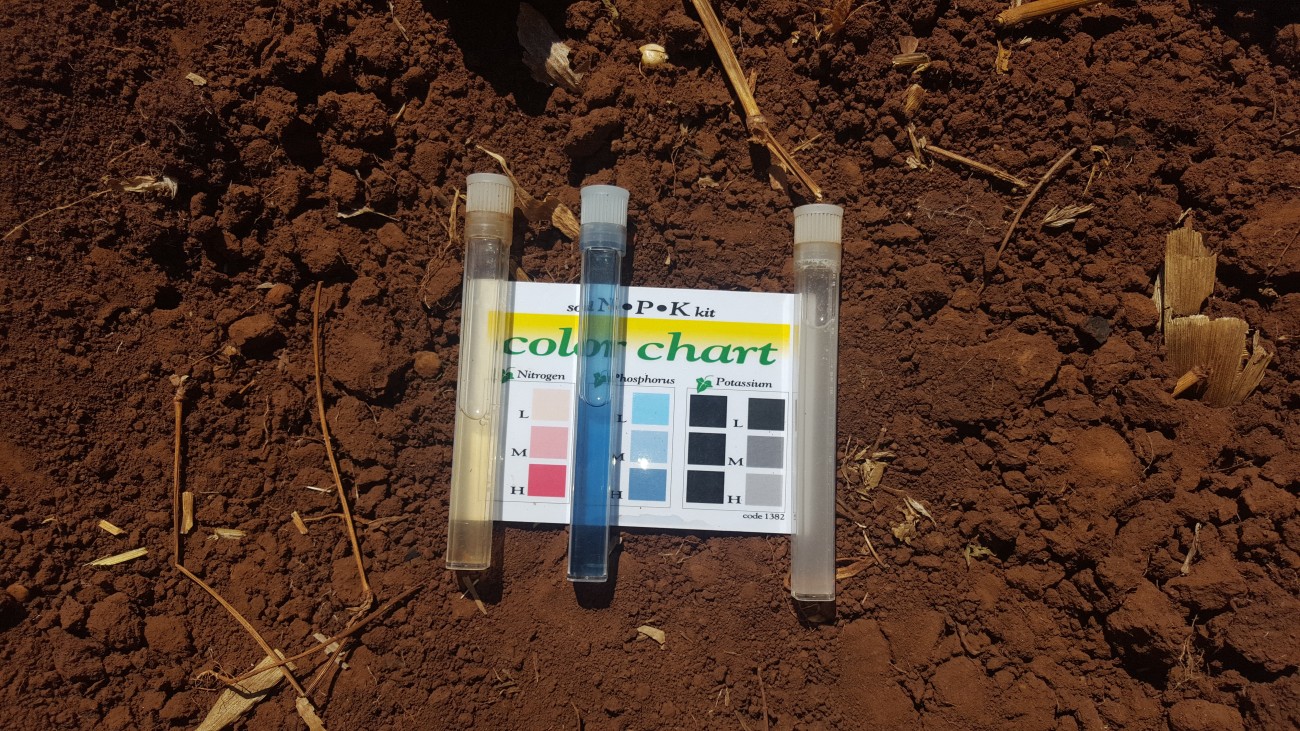
Blog: Capacity building and knowledge management for food, water security and climate change adaptation - The WaterNet experience
Southern Africa is faced with rapid population growth, economic growth and harsh effects of climate change, conditions that have all led to food and water insecurity. Capacity building and knowledge management for tackling food, water security and climate change adaptation in Africa is an important aspect in order to create an enabling environment for resilience. WaterNet, one of the partners in the AfriAlliance consortium, aims to build regional institutional and human capacity in Integrated Water Resources Management (IWRM) through training, education, research and outreach. Below, we outline some of WaterNet’s capacity building and knowledge management activities.
Professional skills enhancement
WaterNet organized short professional courses to enhance capacities of professionals within the water sector in the Southern African Community (SADC). Structured to address water security and climate change adaptation in the SADC region, several trainings on financing of water infrastructure projects were conducted. Two English trainings were held in South Africa and Eswatini during April and November, 2018, consecutively. A similar training was also conducted for French speakers in Madagascar during July, 2018. Outcomes of these workshops included the need to redesign water infrastructure to address the crisis in the region. Facilitators highlighted the need to develop proposals for infrastructure based on water – energy - food -climate change nexus in order to address the food, water security and climate change burdens faced in Southern Africa. The nexus attempts to balance different uses of ecosystem resources (energy, water, land, soil and socio-economic factors) and highlights the synergies or trade-offs between different sectors or interest groups. Through the nexus approach, gaps in water infrastructure in different countries were identified and participants were equipped with key skills related to proposal development as well moving from theory to practice.
Building research capacity
Lack of locally relevant research and solutions to address food and water security and climate change adaptation remains a problem in Africa. The Building Research Capacity for sustainable water and food security in sub-Saharan Africa (BRECcIA) project aims to strengthen research capacity and capabilities in institutions in Sub-Saharan Africa countries to carry out impactful research that leads to positive policy/practice change for sustainable water and food security. WaterNet is a partner of the BRECcIA project and, as a regional centre, was asked to upscale results from the BRECcIA project in order to achieve increased scale of impact in sub-Saharan Africa. As part of the ongoing BRECcIA activities, WaterNet attended the BRECcIA summer school in Malawi that was aimed at training early career researchers (ECRs) from science and non-science disciplines and with different skill sets to work holistically in interdisciplinary groups, focusing on local issues related to food and/or water security and climate change adaptation. The summer school allowed ECRs to formulate interdisciplinary research methods driving them to appreciate the importance of addressing research in an interdisciplinary way.


Knowledge management and outreach
WaterNet holds annual symposia for the purpose of knowledge dissemination and offering a common platform for facilitating exchange of views, ideas and developments among policy makers, academics and practitioners from water and related sectors. During these annual gatherings, regional water issues, gaps and priorities that require further research and support are identified. During the 20th WaterNet symposium, Global Water Partnership (GWP) and International Water Management Institute (IWMI) facilitated discussions on how the water energy - food (WEF) nexus approach could address food and water insecurity in Southern Africa. It was highlighted that SADC endorsed the WEF nexus and is developing a framework aimed at better coordinating the three sectors and facilitating investments. Researchers and policy makers were urged to consider the WEF Nexus approach as polycentric with all three sectors playing equal roles and recognising the interlinkages with SDGs 2, 6 and 7.
This blog has been written byTendai Polite Chibarabada, WaterNet and Jean-Marie Kileshye Onema, WaterNet.
